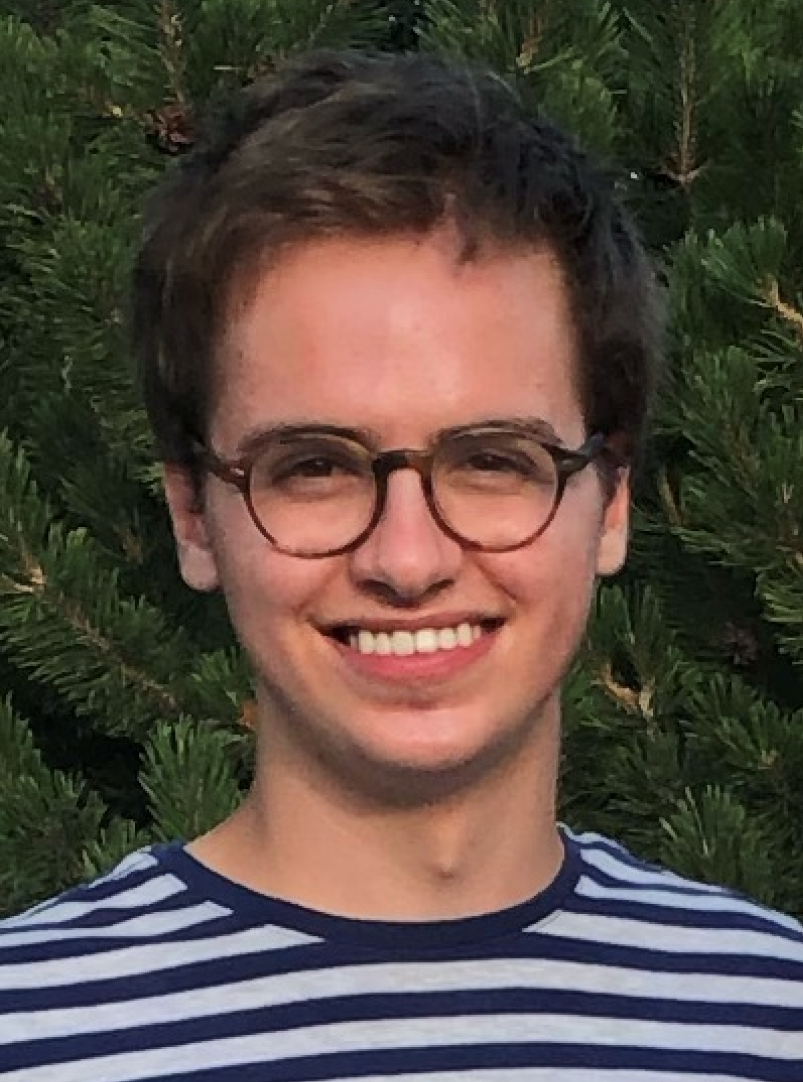CSpotlight: A creative spin to computing

Christopher Morse is computer scientist and musician currently pursuing his Bachelor of Arts (B.A.) degree through the College of Liberal Arts. He brings a unique and creative perspective to his research at the intersection of machine learning, computer vision, and robotics.
Why did you choose to study computer science at the University of Minnesota?
I chose to study computer science at the University of Minnesota because of the quality of its program and its strong research output. The growing popularity of machine learning inspired me to pursue this degree, since I wanted to understand how computers can outperform humans in various tasks. Furthermore, I find that improvising as a jazz musician and programming offer me the same level of creative control.
What drew you to the research area of robotic perception and intelligent systems?
When I first heard about self-driving cars, I was excited and intrigued! This fascination quickly led me to question the dependability of deep learning in robotics, after realizing that a simple misclassification could lead to disastrous consequences in a real environment. My determination to find a solution to this problem fostered my curiosity of robotic perception and intelligent systems research.
Tell us more about your research with the Interactive Robotics and Vision Lab.
During my junior year, I began working as a research assistant in the Interactive Robotics and Vision (IRV) Lab, directed by Professor Junaed Sattar. My assistance in building a semantically segmented dataset to aid robot motion control and saliency prediction led to my co-authorship on the paper "Semantic Segmentation of Underwater Imagery: Dataset and Benchmark". I was very fortunate to have been a member of this team, and the support of Professor Sattar and the other co-authors inspired me and helped cultivate my research skills.
What advice do you have for incoming computer science students?
I believe that a computer science degree is invaluable. Computer scientists are problem solvers at heart, and honing these skills will be applicable to everyday life. There are times when we will get stuck on a problem, but persevering through these difficult moments will drastically improve our problem solving skills. Everyone will get stuck somewhere along the way, and there is no shame in asking for help when you need it.
What are your plans after graduation?
After graduation, I will be attending graduate school to pursue a Ph.D. in computer science and will continue robotic perception and intelligent systems research. My passion for research is matched with my passion for teaching, so I hope to share my passion with others in the future.